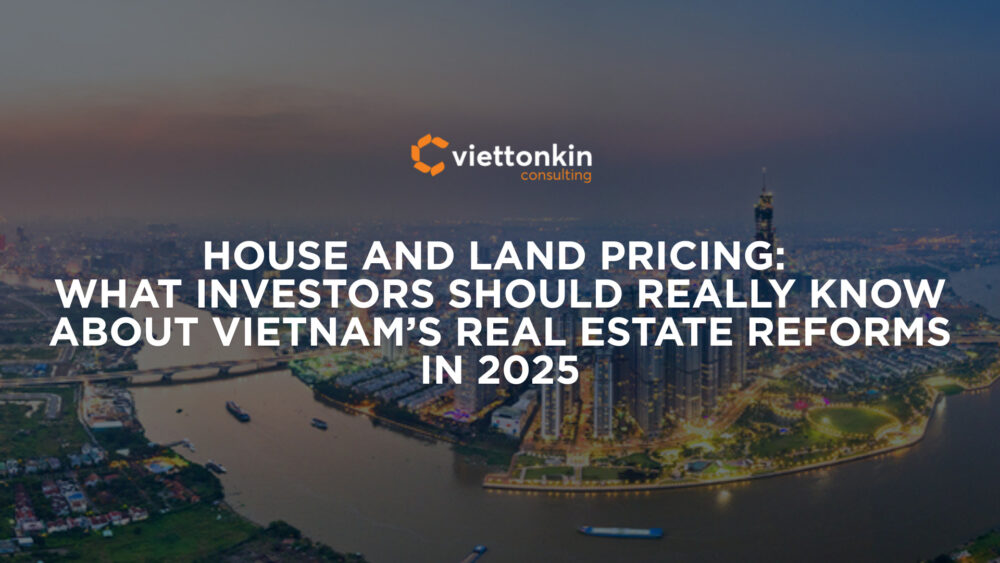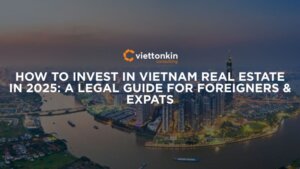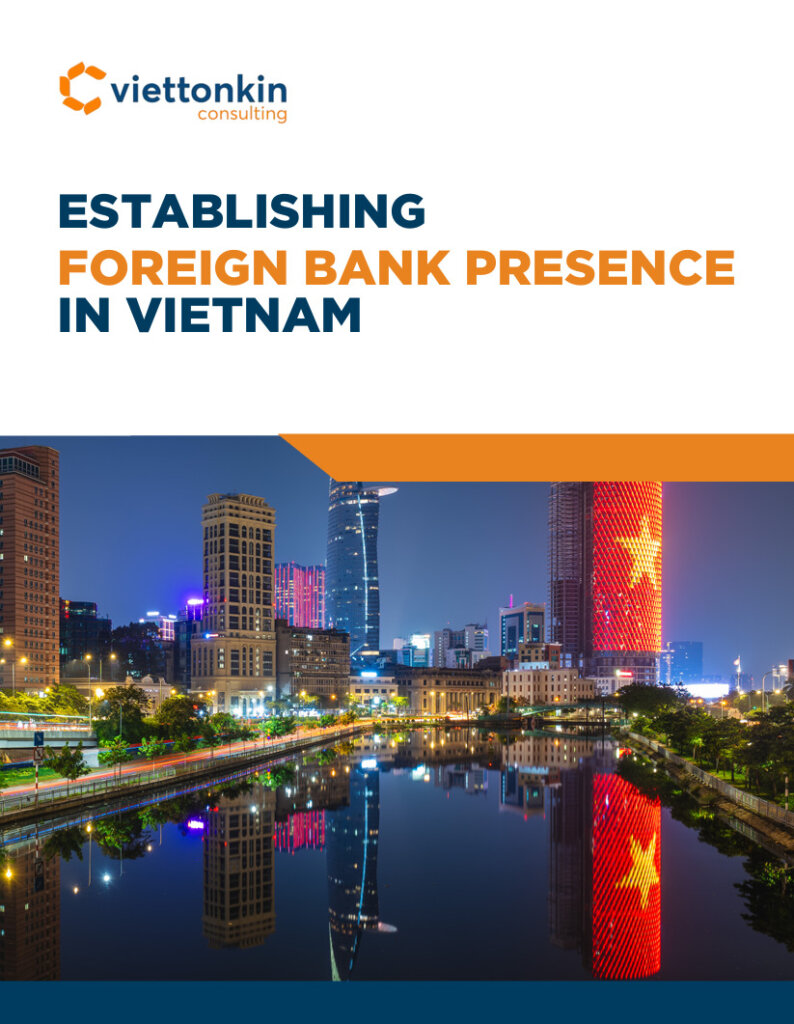Vietnam's food trade industry is one of the most dynamic sectors in the country. Fueled by an expanding middle class, rising disposable incomes, and shifting consumer preferences, the increasing demand for high-quality food products is undeniable. From bustling markets in Ho Chi Minh City to modern supermarkets in other major cities, the opportunity for both […]
With a trio of new laws governing Land, Housing, and Real Estate Business set to take full effect, the old rulebook isn't just being updated, and it's being rewritten entirely. While this transition promises a more transparent market, it also introduces a higher level of demand and complexity.
This shift clearly separates the prepared investor from the unprepared, creating immense opportunity for one and significant risk for the other.
I. Introduction To Vietnam’s Real Estate Market

Vietnam’s real estate market has rapidly transformed over the past few years, emerging as a hotspot for foreign investors seeking both growth and stability.
Affordable property prices, especially when compared to many countries in the region, have made Vietnam’s major cities like Ho Chi Minh City and Hanoi particularly attractive. The country’s robust economy, fueled by rising income levels and a young, dynamic population, has led to a surge in demand for properties across various segments.
Investors are drawn not only by the potential for capital appreciation but also by Vietnam’s abundant natural resources and strategic location in Southeast Asia. Whether you’re looking for a modern apartment, a traditional house, or a commercial property, the Vietnamese real estate market offers a diverse range of options to suit different investment goals.
As a result, buyers and investors are increasingly viewing Vietnam as a prime destination to capitalize on the country’s ongoing economic growth and favorable investment climate.
II. Land Is Getting Pricier And More Transparent
The single biggest change investors must prepare for is the end of the state-controlled land pricing framework for most calculations.
From our work with over 3,000 consulting projects, we’ve learned that underestimating land acquisition costs is one of the quickest ways to derail a project budget. The new laws aim to close the gap between official prices and actual market value.
It is essential for investors to verify land prices and all related costs under the new market-based system before finalizing any investment decisions.
1. Market-Based Land Valuation Becomes The Standard
According to an analysis of Law No. 31/2024/QH15 on Land (2024), the new legislation mandates that land valuation must now reflect market prices. This is a monumental shift.
Previously, administrative pricing kept official costs artificially low, but now, investors must budget for valuations that mirror reality.
This impacts everything from land use fees and taxes to the compensation costs for site clearance. The practical approach that works across cultures is to build these higher, more realistic costs into your financial models from day one.
Additionally, the time required for updated land valuations and obtaining related approvals can affect overall project timelines, so it is important to factor these timing considerations into your planning.
2. Easier Transfers Of Agricultural Land
The reforms also signal a shift in how agricultural land can be used. The new Land Law makes it easier to transfer and consolidate agricultural land, with the area (size) of the land being a key factor in these decisions, directly impacting pricing and investment potential.
This creates pathways for its conversion to industrial or urban use. This mirrors trends we have seen in other ASEAN markets like Indonesia, where industrial land expansion is a government priority.
This opens strategic opportunities for investors who can identify high-potential conversion sites early.
3. Public Disclosure Of Land Use Plans
Transparency is a core theme of the reforms. Provincial and district-level land use plans must now be publicly disclosed.
For investors, this is a powerful tool. Having access to official planning data allows you to align your strategy with government development goals, positioning your investments in areas primed for infrastructure growth and appreciation long before the projects break ground.
Investors are advised to follow official news channels for timely updates on public land use plans and related regulatory changes.
III. A Smarter, More Accessible Housing Market
The reforms extend beyond land to create a more structured and secure housing market for both developers and buyers. The focus is on protecting consumers and encouraging sustainable development rather than short-term gains, ultimately helping buyers and developers create a more secure path to home ownership.
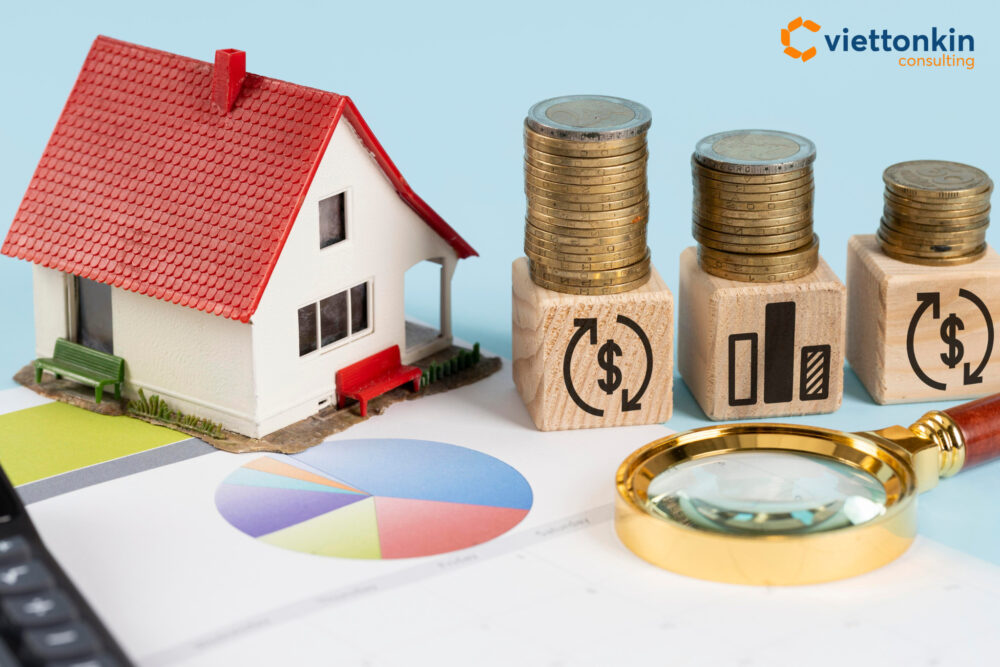
1. Stronger Push For Social Housing
The 2023 Housing Law, which an insight from Baker McKenzie suggests may take effect earlier than its official 2025 start date, introduces significant incentives for developers to invest in social housing. These include exemptions on land use fees and access to preferential financing.
From a policy perspective, this is a clear signal that the government is committed to creating affordable housing, presenting a stable, policy-supported segment for long-term investors. Social housing is positioned as a key solution to address affordable housing shortages in Vietnam.
2. Expanded Rights For Foreign Buyers
Vietnam is further opening its doors to foreign investment in property. According to a report by Vietnam Briefing (2024), the draft decree for the new housing law clarifies and expands property ownership rights for foreign entities and individuals.
These changes are expected to attract more foreign capital into Vietnam’s real estate market. This move is set to boost demand, particularly in the high-end and luxury segments in major hubs like Ho Chi Minh City and Hanoi.
However, it’s critical to understand the nuances. For example, our work with Synergis International on their market entry M&A showed us that even with liberalized laws, the complexities of transaction structures require expert legal navigation to ensure full compliance.
3. Safer Real Estate Transactions
To curb risks associated with pre-construction sales, the new Law on Real Estate Business tightens the rules for selling future-formed housing.
Developers must now have all necessary permits and meet financial obligations before collecting deposits.
Under these new regulations, buyers are now required to sign clear, regulated agreements typically one for the land and one for the home to ensure transparency and protection. This improves buyer protection and reduces the risks that have historically plagued the off-plan market, fostering greater trust.
IV. The Paused 20% Profit Tax: A Signal of Future Market Regulation
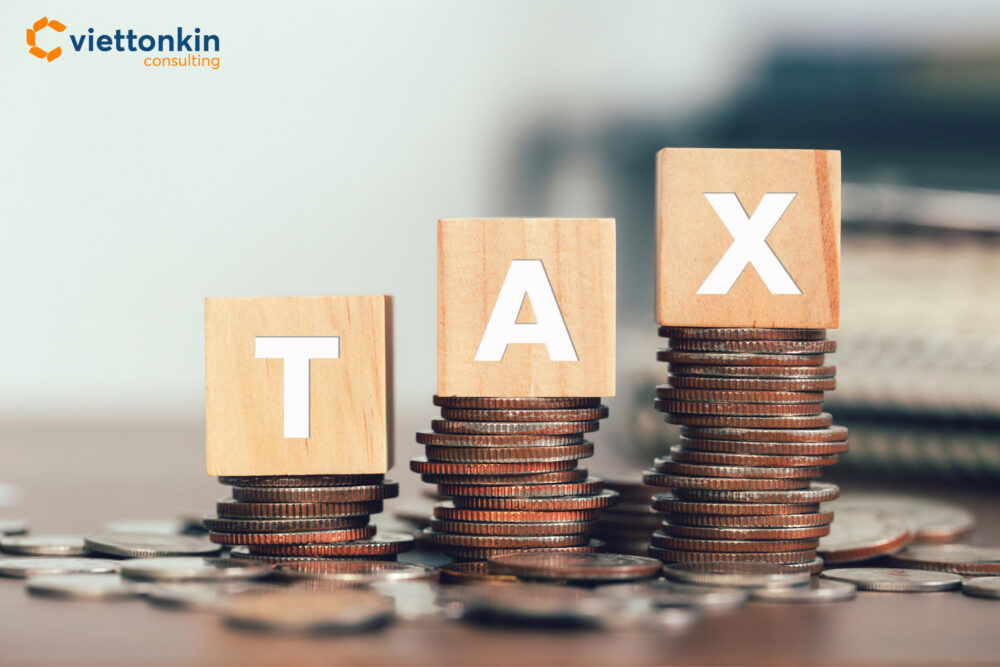
Beyond the laws taking effect in 2025, it’s crucial for investors to watch the policy signals that indicate future direction.
A perfect example was the proposed 20% tax on real estate transfer profits, a move that, as reported by Vietnam News (2024), immediately sparked significant investor concern.
From a policy perspective, the objective was clear: to curb the short-term speculative "surfing" that can create market bubbles and instead encourage long-term, stable investment.
However, from my experience across ASEAN markets, the practical reality of such a tax is more complex. A significant tax on profits often gets passed down to the end buyer, which could have inflated final selling prices as sellers moved to protect their margins.
While the Ministry of Finance has wisely withdrawn the proposal for further study citing the lack of a transparent data system to calculate profits accurately and investors should not ignore it.
The fact that it was seriously considered signals the government's long-term intention to regulate the market more tightly. Think of it as a clear preview of future policy priorities aimed at ensuring sustainable growth over speculative gains.
V. Property Type Considerations In 2025
When evaluating opportunities in Vietnam’s real estate market in 2025, understanding the different property types is essential for making informed investment decisions.
Apartments in high-rise developments are especially popular in major cities like Hanoi and Ho Chi Minh City, offering residents access to amenities such as swimming pools, gyms, and communal spaces. These features appeal to both local buyers and foreign investors seeking convenience and lifestyle benefits.
On the other hand, houses and villas provide greater privacy and space, making them ideal for families or those looking for a more exclusive living environment.
The location of a property remains a key factor influencing both demand and price, properties situated in central districts or near business hubs tend to command higher prices due to their proximity to essential services and employment centers.
As the demand for properties continues to rise, investors should carefully assess the advantages of each property type, considering factors like amenities, location, and long-term value to ensure their investment aligns with their goals in Vietnam’s evolving real estate market.
VI. Real Estate Agencies And Services: Navigating The New Landscape
Navigating Vietnam’s real estate market has become increasingly streamlined thanks to the emergence of modern real estate agencies and services tailored to the needs of both local and foreign investors.
These agencies offer a comprehensive suite of services, from property valuation and marketing to facilitating sales and handling legal documentation.
For foreign investors, in particular, working with a reputable agency can be invaluable in understanding local regulations and ensuring a smooth transaction process. The rise of online platforms has further simplified the search for properties, allowing buyers and investors to browse listings, compare prices, and even take virtual tours of homes from anywhere in the world.
As the market continues to evolve, it’s crucial for buyers and investors to stay informed about the latest trends and to partner with experienced professionals who can provide expert guidance and support throughout the investment journey.
By leveraging these services, investors can confidently navigate the complexities of Vietnam’s real estate market and make well-informed decisions.
VII. Popular Cities For Investment
Vietnam’s major cities like Ho Chi Minh City, Hanoi, and Da Nang stand out as top choices for real estate investment, each offering unique advantages for buyers and investors.
Ho Chi Minh City, the country’s economic powerhouse, boasts a vibrant property market driven by strong demand, modern infrastructure, and a thriving business environment.
Hanoi, the capital, combines historical charm with rapid urban development, making it a magnet for both residential and commercial investments.
Da Nang, known for its beautiful coastline and growing tourism sector, is increasingly attracting attention from investors seeking opportunities in both hospitality and residential properties.
Additionally, the Vietnamese government has introduced various policies and incentives to encourage foreign investment in these cities, further enhancing their appeal.
As the economy continues to expand and demand for properties rises, these major cities are expected to remain at the forefront of Vietnam’s real estate market, offering promising prospects for those looking to invest in the country’s future.
VIII. Strategic Investment Considerations For 2025

There are several key reasons why investors need to adapt their strategies in response to the 2025 reforms. Navigating this new environment requires a shift in strategy.
The difference between successful and failed market entries from this point forward will be the ability to adapt to a more transparent and regulated system.
1. Cost Modelling In A Higher Price Environment
With market-based land valuation, your financial projections need to be rigorously updated. Investors should also account for the structure and availability of loans, including separate loans for land and construction, when updating their financial models.
The old assumptions are no longer valid. In our experience, the most successful investors will be those who engage in detailed cost modeling that accounts for these new legal cost structures, ensuring their ROI projections remain realistic.
2. Compliance As An Investor Differentiator
In a market defined by transparency, deep compliance becomes a competitive advantage. The investors who can demonstrate a mastery of the new legal requirements will find their projects moving more smoothly through the approval process.
The project for FacCo Hong Kong taught us this lesson well. By focusing on a compliant nominee registration and share transfer strategy, we reduced their establishment timeline by 89% from a projected three months to just ten days. This is the power of turning regulatory knowledge into a strategic asset.
Continuous study of evolving regulations is crucial for maintaining a compliance advantage.
IX. Economic Outlook For 2025
Looking ahead to 2025, Vietnam’s economic outlook remains highly positive, with the real estate market poised to play a pivotal role in the country’s continued growth.
The combination of increasing foreign investment, a burgeoning middle class, and sustained demand for properties, especially in major cities suggests that property prices will remain on an upward trajectory.
Affordable property prices compared to many countries in the region continue to attract both local and international buyers, while the government’s commitment to economic reform and infrastructure development further strengthens the investment climate.
As the market evolves, investors and buyers must stay alert to new trends and regulatory changes to maximize their returns and minimize risks. With its dynamic economy, rising demand, and diverse property offerings, Vietnam is set to remain a leading destination for real estate investment in 2025 and beyond.
X. Conclusion: Playing The Long Game In Vietnam’s Real Estate
The landscape of Vietnamese real estate is fundamentally shifting from one of speculative, short-term gains to one that rewards strategic, long-term investment.
These reforms while adding layers of cost and complexity are ultimately building a more stable and predictable market for serious international players.
From our experience across ASEAN, these are the hallmarks of a maturing market. Success is no longer about who gets in the fastest, but who builds the most resilient and compliant foundation for growth.
Navigating this transition requires more than just reading the new laws; it requires a deep understanding of how they are implemented on the ground.
The difference between a successful market entry and a stalled one often comes down to the strategic guidance you receive from day one.
If your organization is planning its next move in Southeast Asia, our team at Viettonkin Consulting can help you turn these regulatory complexities into a competitive advantage.
We leverage insights from over 3,000 successful projects to build FDI strategies that are not only compliant but also operationally effective for the long term.




